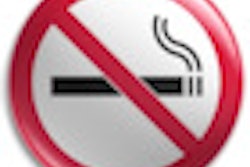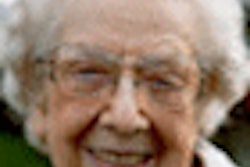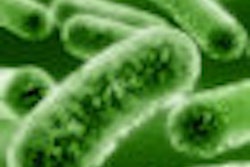Patients with chronic gum disease who quit smoking in addition to undergoing nonsurgical therapy demonstrated a lower abundance of harmful oral pathogens and also an increase in health-associated bacteria in a study in the Journal of Clinical Microbiology (July 2010, Vol. 48:7, pp. 2344-2349).
Although prior studies indicate that quitting smoking can alter the oral microbial community, it is unknown if pathogenic colonization can actually be reversed.
To determine the effect of quitting smoking on select oral bacteria, researchers from Ohio State University in Columbus and Newcastle University collected plaque samples from 22 initial smokers. After 12 months of nonsurgical periodontal therapy and counseling, samples were again taken from all 22 participants, 11 of whom had quit smoking and 11 who still smoked. Results showed decreased levels in various bacterial pathogens and an increase in health-associated species in those patients who no longer smoked, the researchers reported.
"Following nonsurgical periodontal therapy and smoking cessation, the subgingival microbiome is recolonized by a greater number of health-associated species, and there are a significantly lower prevalence and abundance of putative periodontal pathogens," they noted. "These results indicate a critical role for smoking-cessation counseling in periodontal therapy for smokers in order to effectively alter the subgingival microbiome."
Copyright © 2010 DrBicuspid.com



















